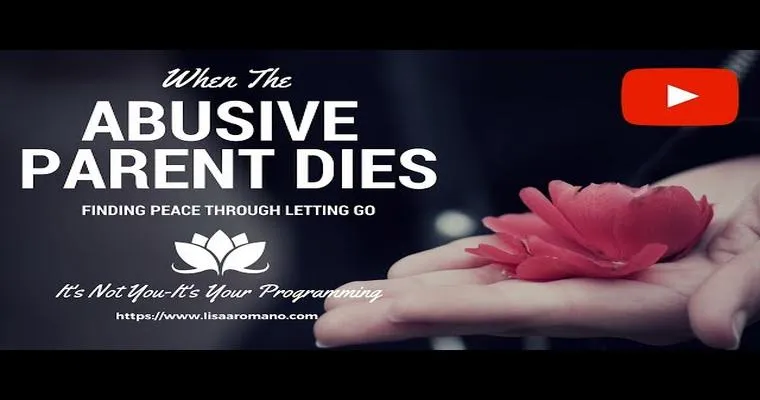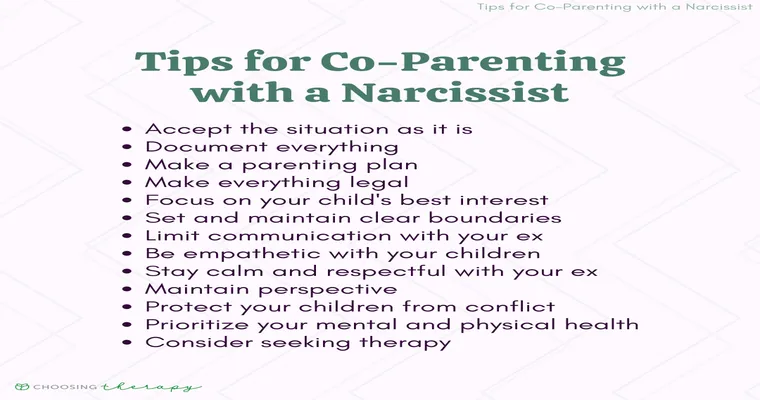When we think about "abuse", we often envision vulnerable individuals such as children or the elderly. However, it is crucial to recognize that "caregivers" can also be victims of "abuse". Whether they are providing care in a professional setting or assisting a family member, caregivers face unique challenges that can lead to their own emotional and physical distress. Understanding this issue is essential for creating a supportive environment for those who dedicate their lives to caring for others.
Caregivers often experience various forms of abuse, including "emotional", "physical", and "verbal" abuse. The stress of caregiving can sometimes lead to tense situations where caregivers may be subjected to harsh words or even physical aggression from the individuals they are caring for. This can be especially true in cases involving patients with "dementia" or other cognitive impairments, where frustration may lead to aggressive behaviors.
In addition to direct abuse from those they care for, caregivers may also face "neglect" from family members or employers. Often, caregivers work long hours without adequate support or resources, leading to feelings of isolation and burnout. This lack of recognition can be a form of emotional abuse in itself, as it undermines the caregiver’s efforts and well-being.
Moreover, societal attitudes toward caregiving can contribute to the feeling of being undervalued. Many caregivers feel they should simply endure the hardships that come with their role, leaving them without the necessary avenues for support. It is vital for communities to foster a culture of appreciation and respect for caregivers, recognizing the sacrifices they make daily.
To combat caregiver abuse, awareness and education are key. Caregiving organizations and support groups can provide resources for caregivers to understand their rights and seek help if they are in abusive situations. Encouraging open conversations about the challenges of caregiving can also help to destigmatize the issue and promote a healthier environment for both caregivers and those they care for.
In conclusion, the notion that caregivers are immune to abuse is a misconception. By shining a light on the reality that "caregivers can be abused", we can work towards creating a safer and more supportive atmosphere for these essential individuals. It is imperative to advocate for caregivers, ensuring they receive the respect, support, and recognition they deserve in their challenging yet rewarding roles.





